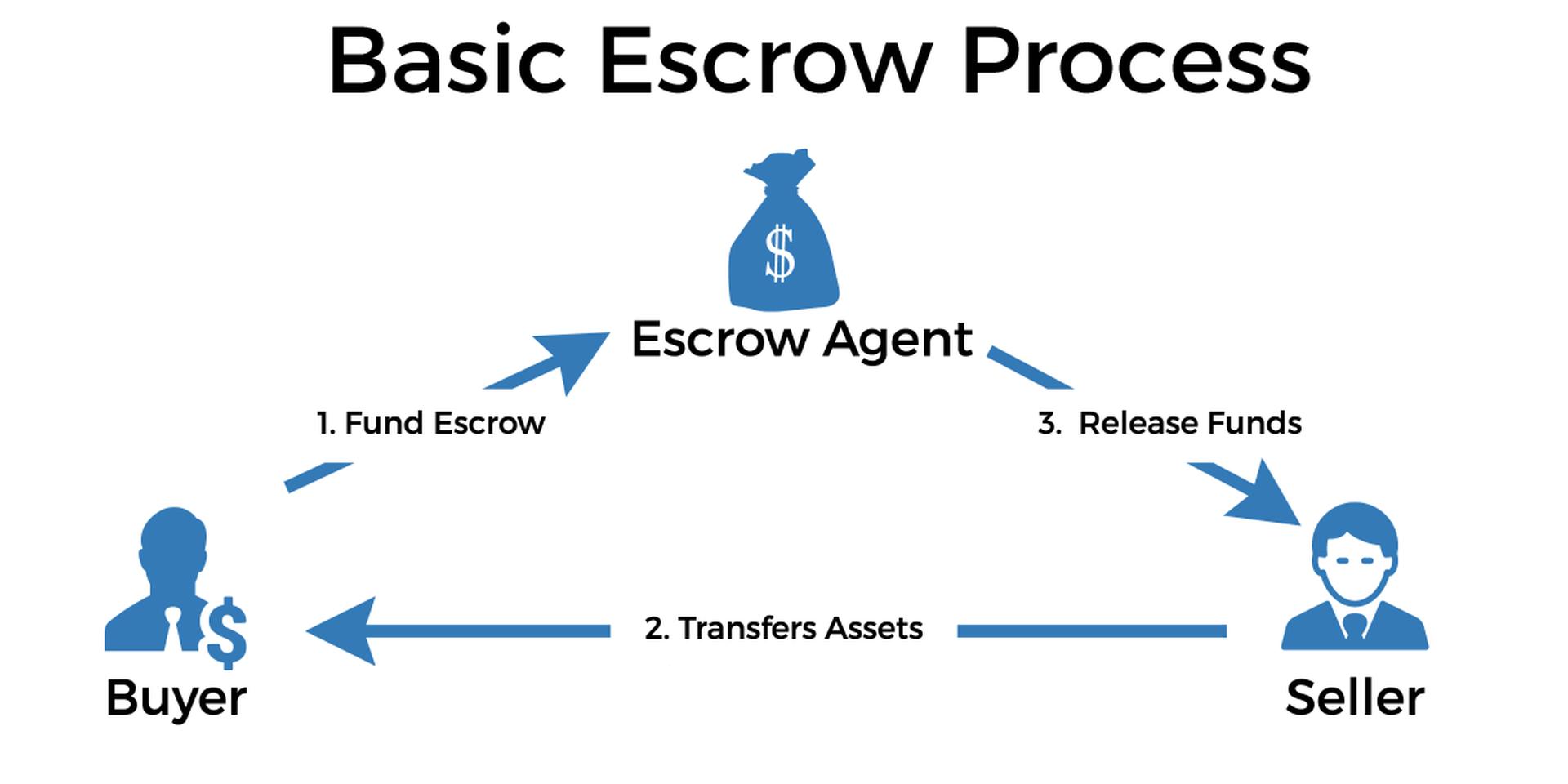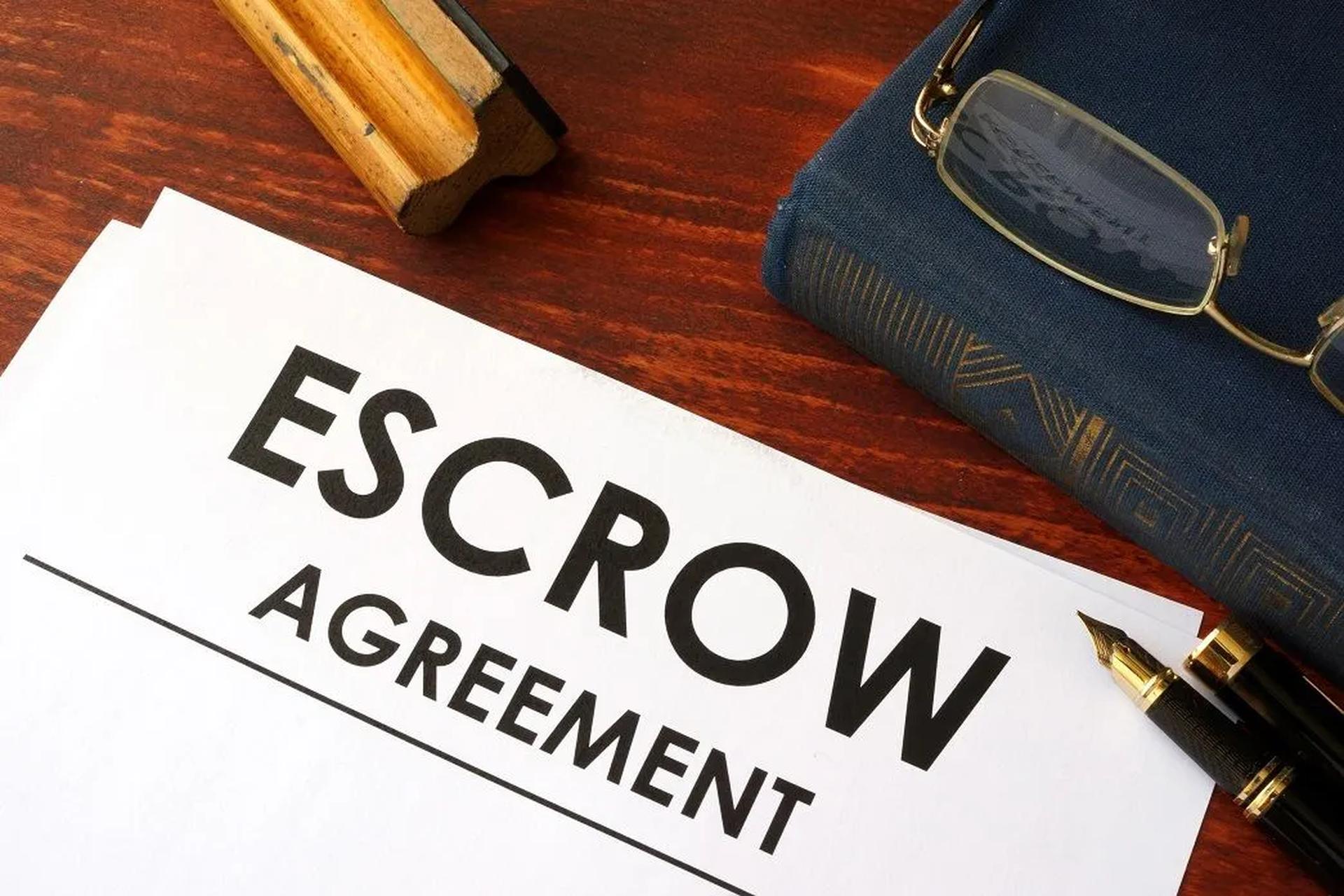What Are Escrow Services When Buying Property in Thailand?

Buying a holiday home in Thailand can be exciting, but it also involves significant financial commitments. To make transactions safer and more transparent, some buyers and sellers turn to escrow services. By placing funds in the hands of a neutral third party until all the terms within the agreement are met, escrow protects both sides and keeps the process fair.
In this article, we will cover what an escrow account is, how it works in Thailand’s real estate market, and the advantages it can offer buyers and sellers.
What is an Escrow Account?
Escrow is a financial arrangement whereby a neutral third party holds funds or assets until both transacting parties have fulfilled their contractual obligations. With escrow, the buyer can move forward knowing funds will only be released once agreed-upon conditions are met, while the seller has reassurance that the money is secured for the transaction.
In Thailand, escrow is most widely used in resale purchases of existing properties when a buyer needs time to conduct due diligence of the property before transferring the title deed.
The Role of Escrow Agents in Thailand
An escrow agent is a neutral third party who is responsible for safeguarding funds and ensuring that both the buyer and seller meet all the agreed-upon conditions in a property transaction. Keep in mind that an escrow agent does not represent either side but instead acts as a neutral intermediary, helping to build trust between the transacting parties. For property transactions, commonly a law firm will act as an escrow agent.
Their responsibilities typically include:
- Verifying that all conditions in the purchase agreement are met
- Confirming inspections, assessments, and repairs are completed
- Overseeing the transfer of funds to the seller and the property title to the buyer
By law, an escrow agent in Thailand must be either a juristic person (as prescribed in the Ministerial Regulation) or a financial institution.

How Escrow Works When Buying Property in Thailand
The escrow process when buying property in Thailand follows a clear sequence of steps to protect both the buyer and seller during the transaction. Here is an overview of the process:
- Transfer of Funds: The buyer transfers the funds to an escrow provider.
- Notification of the Land Office: The escrow provider then informs the Land Office of the escrow arrangement for recording purposes. This prevents the registration of property transfer until the Land Office receives written notice from the escrow provider.
- Safekeeping of Documents: The escrow provider holds onto the funds and any related documents until all the conditions are met.
- Verification and Payment Release: Once all the contractual conditions have been met, the escrow provider releases the funds to the seller. The escrow provider is responsible for ensuring that payments follow the schedule and conditions outlined in the escrow contract.
- Closure of the Escrow Account: After completing the transaction, the escrow provider closes the account and immediately notifies both the buyer and seller that the process has successfully concluded.

Advantages and Disadvantages of Escrow in Thailand
Escrow accounts in Thailand offer several advantages, including:
- Security and Reduced Risk of Fraud: Funds are kept by a neutral third party until all the conditions are met and have been verified, making the transaction safer for both parties.
- Transparency: All parties have access to and understand the escrow agreement’s terms and conditions.
- Confidence: Both the buyer and seller can feel more comfortable knowing the transaction is overseen by a neutral third party.
However, when it comes to real estate transactions in Thailand, there are also some disadvantages to consider:
- Limited Availability: Escrow is not commonly used in Thailand’s real estate market.
- Developer Practices: Escrow accounts are generally not used for first-hand purchases. In Bangkok, for example, condo developers usually require an initial booking fee and down payment, paid directly to them rather than through escrow. In cases where a buyer requests escrow, the developer may advise them to conduct due diligence before proceeding with a booking.
- Niche Use Cases: Escrow is more relevant in resale transactions, high-value private purchases, land acquisitions, or commercial real estate.
- Higher Costs: Escrow services usually charge a percentage of the property’s purchase price, which raises the overall transaction cost.

Secure Your Property Investment in Thailand With Sunway Estates
Whether you are looking for a vacation retreat, a retirement haven, or an investment opportunity in one of Thailand’s most sought-after locations, Sunway Estates is here to make the property-buying process smoother and more secure.
Our team will help you find the property that best matches your needs, goals, and lifestyle, while also guiding you through safe and reliable transaction methods. And where available, we can facilitate transactions through escrow services, giving you added peace of mind that the funds and agreements are protected at every stage.
To secure your dream property in Thailand with confidence, contact Sunway Estates today!
